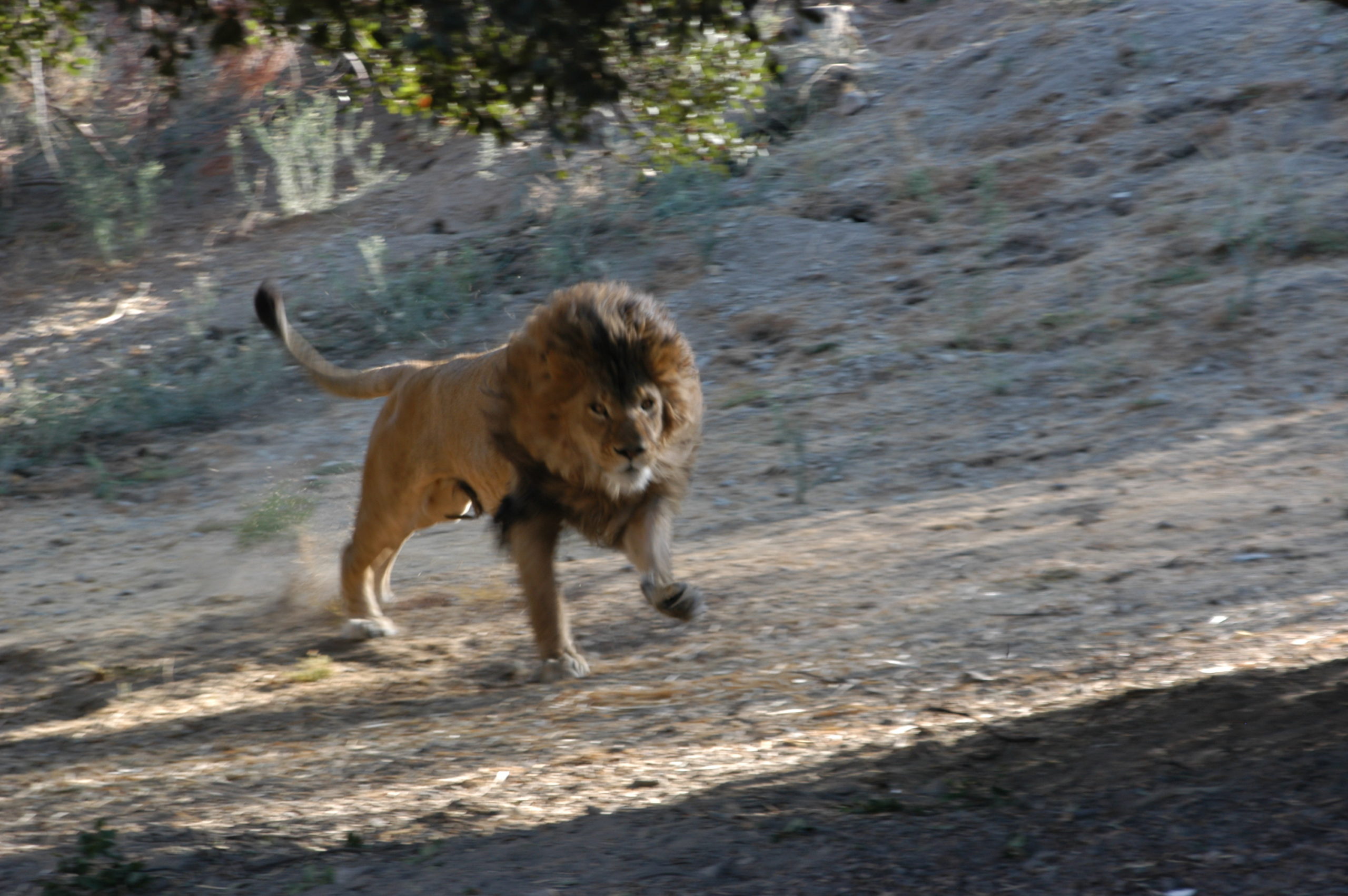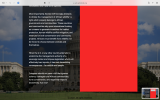SOURCE: Safari Club International
TAKE ACTION NOW: Trophy Ban Bill Heads to the Senate
Yesterday, the U.S. House of Representatives passed the Interior, Environment and Related Agencies Appropriations Bill. Unfortunately, the passage

safariclub.org
Anti-hunting legislation will not stop with international hunting, and the hunting community needs to oppose this attack with one voice.
Stand together with SCI in the fight and TAKE ACTION to oppose this bad bill!
Link to Oppose Harmful Anti-Hunting Language in Interior Appropriations Bill: https://act.safariclub.org/opmygep
Letter to Congress:
As your constituent, a passionate conservationist, hunter, and a member of Safari Club International, I am urging you to strongly oppose the inclusion of an effective trophy ban in the Department of the Interior, Environment, and Related Agencies Appropriations Act, 2023. This language was included in Section 439 of the House Appropriations bill and seeks to ban the import of legally hunted trophies from Tanzania, Zambia, and Zimbabwe. It will harm, rather than benefit wildlife and significantly damage the livelihoods of African communities, the original and most important conservators of African wildlife.
Well-regulated international hunting is vital to conservation, maintaining biodiversity, and species survival in southern Africa and around the world. Hunting programs, especially those involving rural communities in conservation and management, are proven tools to sustain both species and habitat. Hunting has contributed to the recovery and maintenance of biodiversity across southern Africa, including African Elephant, African Lion, Southern White Rhino, Black Rhino, Mountain Zebra, Bontebok, Black Wildebeest, and many other species.
The bill fails to differentiate illegal poaching in African range countries from legal, regulated hunting by Americans abroad. These countries are controlling illegal poaching, in part due to the revenues generated by international hunting and the “boots on the ground” funded by hunting operators and community game scouts. These initiatives will be weakened or eliminated should resources from the hunting industry be removed. The reality is that Section 439 has nothing to do with species protection and instead only aims to attack hunters and the range countries that have incorporated hunting into their national conservation and community empowerment programs.
The fallacy of Section 439 is made clear by the fact that the world’s largest population of lions and second, third, and sixth largest populations of elephants inhabit these three countries. The success of these species in Tanzania, Zambia, and Zimbabwe is strong evidence they have proper safeguards in place to protect species vulnerable to poaching. Poaching is often the result of problem animals, unemployment, and bushmeat harvesting. Legal hunting provides incentives and revenues to mitigate poaching in addition to providing nutritious meat in areas susceptible to food shortages.
This conclusion is supported by experts in wildlife conservation. In a paper that advises against irrational bans on importation of legally-hunted wildlife, the International Union for Conservation of Nature (IUCN) concludes, “[w]ell managed trophy hunting, which takes place in many parts of the world, can and does generate critically needed incentives and revenue for government, private and community landowners to maintain and restore wildlife as a land use and to carry out conservation actions (including anti-poaching interventions). It can return much needed income, jobs, and other important economic and social benefits to indigenous and local communities in places where these benefits are often scarce.” To the contrary, Section 439 is not supported by data and reflects only misinformed prejudices against international hunting.
Section 439 is antithetical to proven effective wildlife management practices. Conservation, habitat protection, and biodiversity all stand to decline without the resource framework international hunting provides. Scientific research overwhelmingly shows that well managed international hunting is a vital component of wildlife and ecosystem conservation. The vast majority of wild African animals live in the countries where they are hunted and have seen substantial population growth. Removing hunting is often a death sentence for wildlife, as in Kenya, for example; since international hunting was banned, Kenya has seen approximately a 70% decrease in wildlife.
Notably, hunting is heavily regulated and monitored by the wildlife management authorities of Tanzania, Zambia, and Zimbabwe, and subject to further oversight from the 183 Parties to the Convention on International Trade in Endangered Species and through the U.S. Fish and Wildlife Service’s enhancement permitting programs. I urge Congress to allow these experts to effectively do their jobs, particularly when it comes to implementation of anti-poaching and anti-trafficking programs.
Most importantly, Section 439 wrongly attempts to dictate the management of African wildlife—a right which properly belongs to African governments and communities. These countries and communities rely upon international hunting as a means to generate incentives for habitat protection, human wildlife conflict mitigation, and revenues for both conservation and community projects. Africans must benefit from wildlife, not be forced to choose between animals and themselves. When the U.S, or any other country attempts to undermine the management authority of a sovereign nation and impose legislation which will effectively ban imports, it has real, devastating consequences – for wildlife and people.
Congress should not pass a bill that ignores science, damages rural African communities, hurts conservation, and negatively impacts biodiversity. I continue to stand in strong opposition to Section 439 becoming law.










